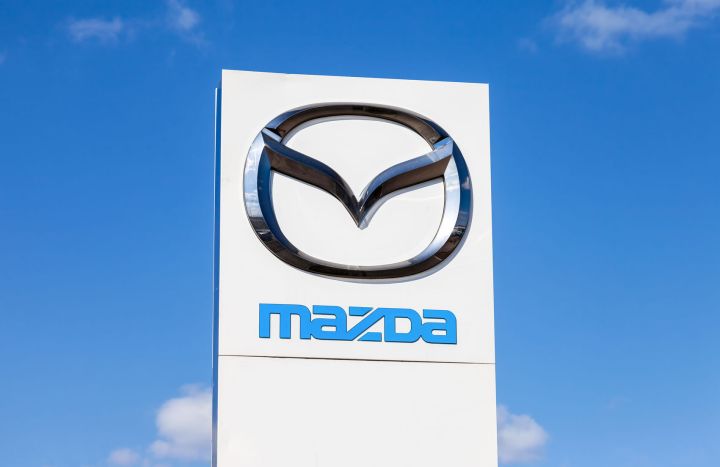
The problem occurs if salty water gets into the suspension ball joints. That doesn’t mean driving in the ocean, or even crying a lot under the vehicle. The greatest potential for the problem is in U.S. states that put salt on snow and ice-covered roads.
With salt-contaminated water in the ball joints, over time the ball joints can corrode. If a ball joint corrodes it could separate from the lower suspension control arm. And if that happens, the next possibility is a loss of steering, which is a major crash threat.
The recall affects 190,102 CX-7 SUVs manufactured between the 2007 and 2012 model years. The exact manufacturing dates are from February 16, 2006, to May 9, 2012. The plan is to recall and fix the vehicles from the 2007 and 2008 model years and 2009 to 2011 model year vehicles in specific states first, as those are the cars facing the greatest threat.
The states on the list for 2009 to 2011 model years have snowy winters and use salt on the roads.Those states include Connecticut, Delaware, Illinois, Indiana, Iowa, Kentucky, Maine, Maryland, Massachusetts, Michigan, Minnesota, Missouri, New Hampshire, New Jersey, New York, Ohio, Pennsylvania, Rhode Island, Vermont, Virginia, West Virginia, Wisconsin, and Washington, D.C.
Mazda will notify owners, and dealers will replace both front lower control arms at no charge. According to the recall document, the necessary parts are not available currently. Mazda will send interim notices to owners on or around October 10, 2016, with follow-up notices once parts become available.
Owners can also contact Mazda customer service at 800-222-5500. The Mazda recall number is 9716H.
Anyone who wants to check on vehicle recalls by vehicle identification number (VIN) or by year, make, and model can call the National Highway Traffic Safety hotline at 888-327-4236 or go to the NHTSA SaferCar website.



